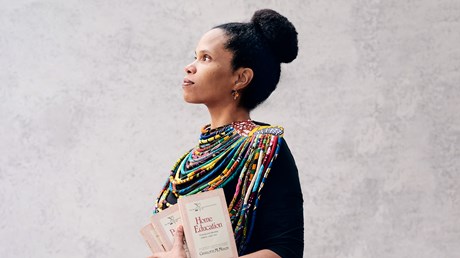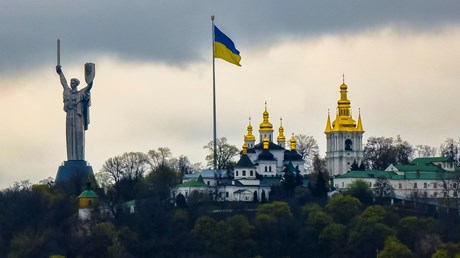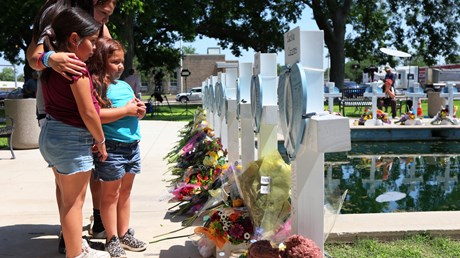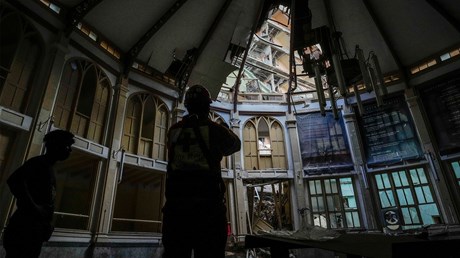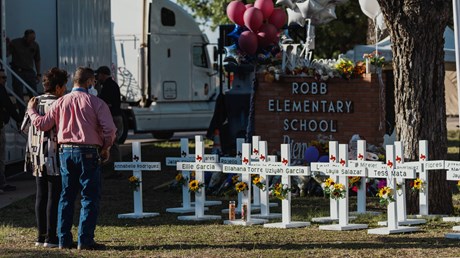Marriage seminar set up a clash between religious teachings and gay rights, but “alienating” comments are not criminal, court rules.
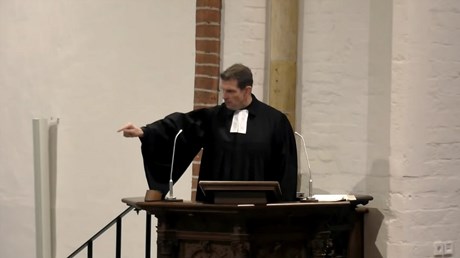
Standing tall in the raised pulpit of the St. Martini congregation in the northern German city of Bremen, Olaf Latzel, 54, cut a stark figure in his black gown and two white preaching tabs.
But it wasn’t his presence that caused a stir in Germany; it was what he had been preaching from that pulpit.
In October 2019, in a marriage seminar for about 30 couples, Latzel commented on what he called the “homolobby.” He attacked homosexuality, calling it “degenerative,” and said, “These criminals are running around everywhere” during the Berlin Pride Parade.
“All this gender s—,” he said, “is an attack against God’s order of creation. It is demonic and satanic.”
The address was posted on YouTube, where the words of the United Protestant Church minister raised a furor. The regional body of the church, which has a quasi-official status in Germany, initiated disciplinary proceedings. The local government launched an investigation and ultimately prosecuted Latzel for hate speech.
Latzel’s case has attracted less international attention than a similar one in Finland, where a politician was prosecuted for tweeting out Bible verses and a Lutheran bishop for publishing a pamphlet on biblical gender roles. But in both, observers saw a long-expected clash, as increasing concerns for the dignity and rights of LGBT people came into conflict with deep commitments to free speech and religious liberty.
This month, however, a German court decided that the Bremen minister is not guilty of inciting hatred against LGBT people.
On May 20, 2022, Judge Hendrik Göhner said that “these statements are more than alienating from a social point of view—especially ...
from Christianity Today Magazine https://ift.tt/PZyn09L
